How Julian Assange morphed from accused rapist to ‘freedom fighter’
He’s always denied being a rapist – although lawyers for condom-shy hacker Julian Assange admitted women ‘might not have enjoyed’ sex with him. So how did Assange go from accused sex offender to ‘freedom fighter’?
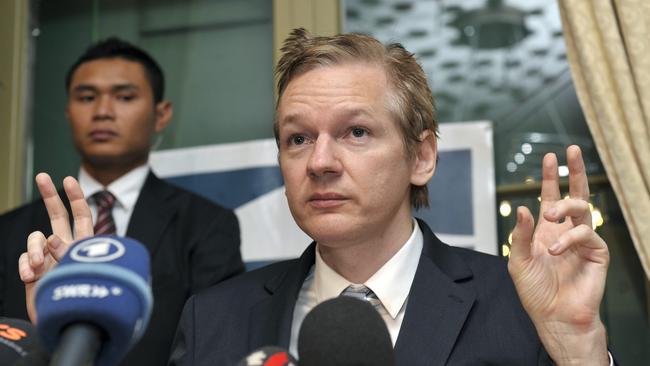
Back in 2010, Julian Assange was a figure of international intrigue – the swashbuckling hacker turned publisher whose website WikiLeaks was dumping thousands of documents into the public domain: highly damaging secret military files that exposed the inner workings of America’s war in Afghanistan.
And then Assange was accused of rape.
While he was working in Sweden, two young Swedish women – who had met him in WikiLeaks circles – accused Assange of having sex with them without using a condom, without their consent.
One was Anna Ardin. She had hosted Assange in her home, and the pair had sex, during which - she said - Assange deliberately ripped a condom she’d asked him to wear, and was violent towards her during sex.
Assange denied both those allegations.
WHAT ASSANGE’S ACCUSERS SAID
In this interview with Swedish paper Svenska Dagbladet, Ardin – who’s written a book about her allegations – said: “I’m happy to forgive Julian Assange, but I can’t create this reconciliation myself.
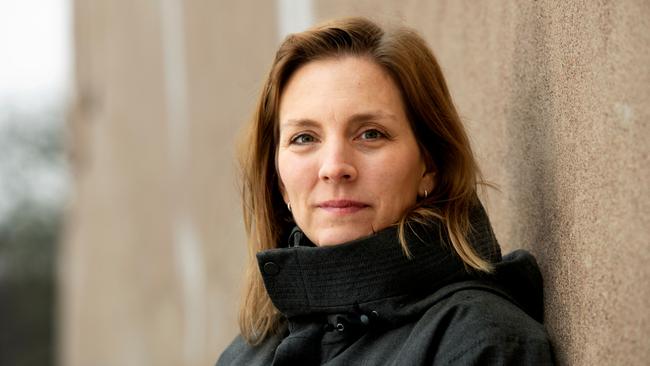
“I did my best to get this thing tried in court, but he stayed away. It affected my life immensely in the beginning. I had to quit my job. I had to move out of my apartment.
“I was even hidden abroad for a period. I also got a lot of support and it’s helped me move on and I think I’ve become a stronger person in this process.”
Another woman, known only as Miss W, had consensual sex with Assange using a condom, but said she had awoken the following morning to find him having sex with her again, this time without the condom she’d asked him to use.
This action – removing a condom – is now known as stealthing, and over the past decade has been formally criminalised throughout Australia and much of the western world. In Queensland, this offence carries a maximum sentence of life in prison.
ASSANGE GOES ON THE RUN
Assange always denied wrongdoing, and said his contact with the women was consensual.
He was questioned by local police – but left Sweden for the UK before he could be charged. Swedish authorities formally arrested him in absentia in September 2010.
Swedish courts issued a European arrest warrant, and the international policing agency Interpol issued a Red Notice: a note to police around the world indicating a person is wanted for extradition.
Assange – by now in London – was arrested by London’s Metropolitan police and remanded in custody – whereupon numerous supporters including Jemima Khan helped him post hundreds of thousands of dollars in bail.
British courts issued an extradition warrant, rejecting Assange’s arguments the Swedish prosecution was politically motivated. Assange appealed to Britain’s High Court. His lawyers argued the women had consented to sex – and that his conduct might have been unpleasant but, if committed in London, would not have been a crime.
‘SHE MAY NOT HAVE ENJOYED IT’
His lawyer Ben Emmerson KC said Assange may have seemed “disreputable, discourteous, disturbing, or even pushing towards the boundaries of what they were comfortable with” – but was not a criminal.
“She may not have enjoyed the experience, but she clearly consented to it,” Emmerson said of the second woman, who claimed to have awoken to Assange having sex with her without the condom she’d asked him to use.
The High Court rejected Assange’s arguments, ruling Swedish authorities could order his return to Sweden.
Assange was defiant, declaring on the court steps: “I have not been charged with any crime in any country.
“No doubt there will be many attempts made to try and spin these proceedings as they occur today, but they are merely technical.”
While all this was going on, WikiLeaks continued. In 2011, the Walkley Foundation gave WikiLeaks and Assange an award for an outstanding contribution to journalism, after they published a video showing American forces killing civilians and two Reuters journalists in Baghdad. That sparked a fierce debate – was this accused rapist and self-proclaimed crusader actually a journalist at all?
IS ASSANGE A JOURNALIST?
James Madden is The Australian’s media editor.
James Madden: “I think it’s cut and dried actually. I do not believe what WikiLeaks does can be considered journalism for the simple fact that journalists have an obligation to the writers and the public to present information in its relevant context.
“That is a responsibility that falls upon the shoulders of journalists and media companies and news outlets and WikiLeaks’ modus operandi has to date simply been obtaining documents and publishing them – troves of documents at a time without sifting through these documents to present the information within in journalism form.”
WikiLeaks prided itself on presenting entire caches of material without editing or redaction.
That meant the most sensitive diplomatic communications were suddenly out in the open – including the names of human rights leaders, dissidents, spies, informants and others who were secretly dealing with the US in places like Iraq.
In 2010 human rights organisations including Amnesty International begged WikiLeaks to redact the names of Afghans who were working with the Americans, after the Taliban said it was going through the documents on WikiLeaks to identify and eliminate collaborators.
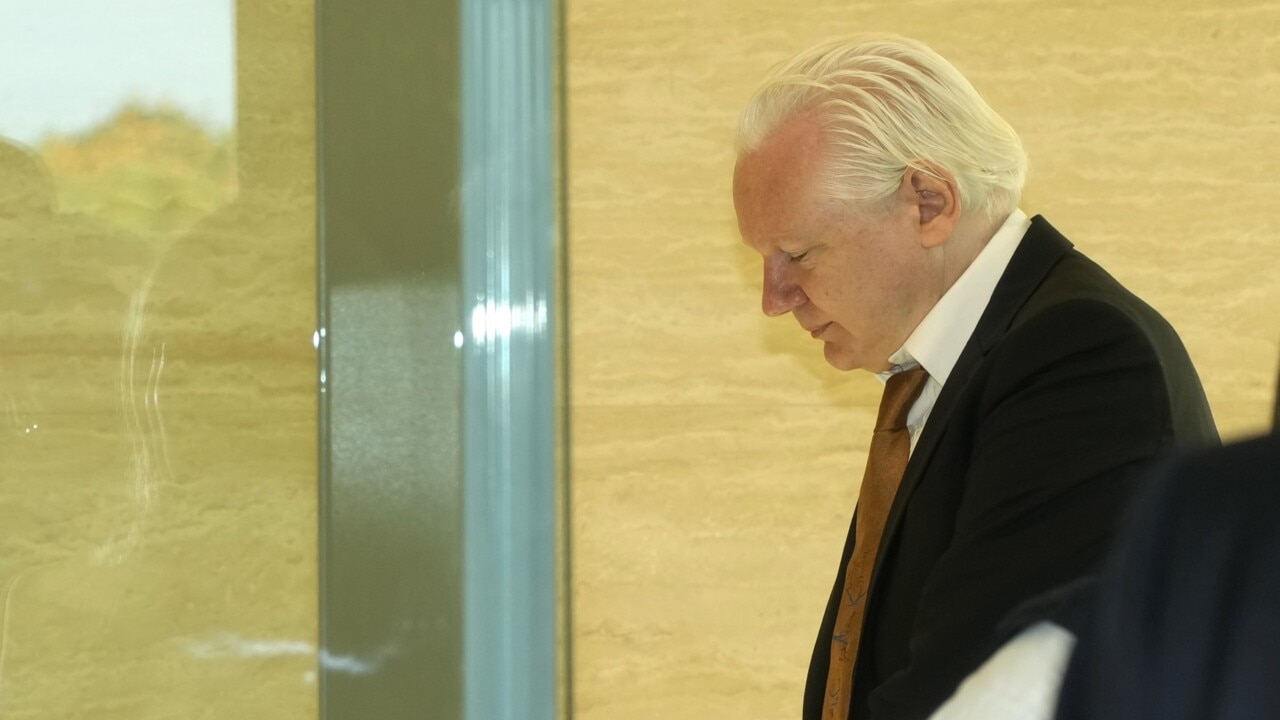
James Madden: “That fact doesn’t always, garner a lot of publicity when defenders of Assange are talking about the merits of his and WikiLeaks’ ‘journalism’.
“But the truth is professional journalists take extraordinary steps to defend the privacy and, by extension, the safety of people about whom they’re writing.
“And a lot of consideration goes into presenting information in a responsible way.”
HIDING OUT IN THE EMBASSY
Then Assange went into hiding – and unlike most people accused of being sex offenders, he was suddenly being hailed as a hero.
Assange claimed he was afraid that the Swedish judicial process could end in him being extradited to the United States over all those classified US documents.
In 2012 he sought asylum in the London embassy of Ecuador, a South American republic.
And that’s where he stayed for seven years – in the embassy, refusing to emerge in case he was arrested and sent back to Sweden to face the rape charges.
In 2019 after much legal back-and-forth, Sweden dropped the charges, saying too much time had expired – although the women have never recanted their claims.
Assange was triumphant.
“Seven years without charge. Why? My children grew up without me. That is not something that I can forgive,” he said.
Yes – children. It later emerged Assange had formed a romance with an Swedish-Spanish woman, Stella Morris, and fathered two kids while inside the embassy.
Stella Assange said in a recent interview: “He’s not a criminal. He’s not a dangerous person. He’s a gentle intellectual, a thinker and a journalist. And those people are not the people who belong in prison.”
ECUADOR KICKS ASSANGE OUT
In April 2019, the Ecuadorians revoked his asylum. They said he’d been a terrible house guest, abusing staff, hacking into their computer systems, meddling in Ecuador’s relationships with other countries and even leaving the faeces of his cat – and himself – on the floors and walls of the embassy.
The metropolitan police stormed the embassy and dragged Assange out – a bizarre scene on the quiet streets of London as Assange shouted the UK ‘must resist’ pressure to extradite him.
Scotland Yard arrested Assange for failing to appear in court over the rape allegation.
Until now, the US had not moved on Assange at all. But in 2019, once he was out of the embassy, the Americans finally revealed they did want him – he’d been indicted by a US grand jury for conspiracy to commit computer intrusion.
WHY WAS ASSANGE IN JAIL?
Belmarsh is the maximum security prison where Julian Assange has been for the past 1901 days – just over five years.
His family and advocates have complained Assange’s mental and physical health were under desperate strain.
So – why was he in jail?
Initially, he was sentenced to 50 weeks in prison for breaching bail over the Swedish rape allegations. British prosecutors said he’d illegally entered the embassy to avoid extradition to Sweden.
Assange released a statement apologising for his conduct: “I apologise unreservedly to those who consider that I have disrespected them by the way I have pursued my case. This is not what I wanted or intended.”
In early 2019 – after about a month behind bars, Assange was charged with an additional 17 counts under the United States Espionage Act, relating to hundreds of thousands of leaked classified US documents covering the wars in Afghanistan and Iraq.
And in 2020 Assange was denied bail by a judge at a London court, who also rejected a request for extradition to the US.
The judge said Assange couldn’t be trusted to show up in court if he was given bail, and ordered him to remain in Belmarsh while the extradition proceedings played out.
Then, in December 2021, another twist.
The US government won an appeal to overturn the earlier UK court decision.
Assange appealed to the UK’s Supreme Court, and failed.
In April 2022, the US got its wish, with a British court finally issuing an order to extradite Assange.
If convicted on all charges, Assange faced up to 175 years in an American prison.
Just a month ago, another British court granted Assange one last chance to appeal the extradition order.
WHAT IS ASSANGE’S PLEA DEAL?
And then on Sunday, a deal was announced: Assange agreed to plead guilty to one charge of espionage: conspiring to unlawfully obtain and disseminate classified national defence information.
He was released from Belmarsh and boarded a plane to Saipan in the Northern Mariana Islands – a US Pacific territory where a judge will handle the formalities.
That was also part of the negotiation – to avoid Assange setting foot on the US mainland.
The Americans have agreed to drop 18 espionage charges against Assange, and he’ll be sentenced to 62 months in prison – but his time already served in Belmarsh will be counted.
It’s expected that after sentencing, he’ll leave the Marianas for Australia, his homeland.
The Albanese government, which has campaigned for his release, will welcome Assange.
In the US the Biden administration, which continued Donald Trump’s pursuit of Assange, will be relieved to see the last of him.
And the big question – what now for the hacker-turned-activist who says he’s only ever sought to expose the truth?
This is an edited transcript of our daily news podcast The Front, available free wherever you listen.

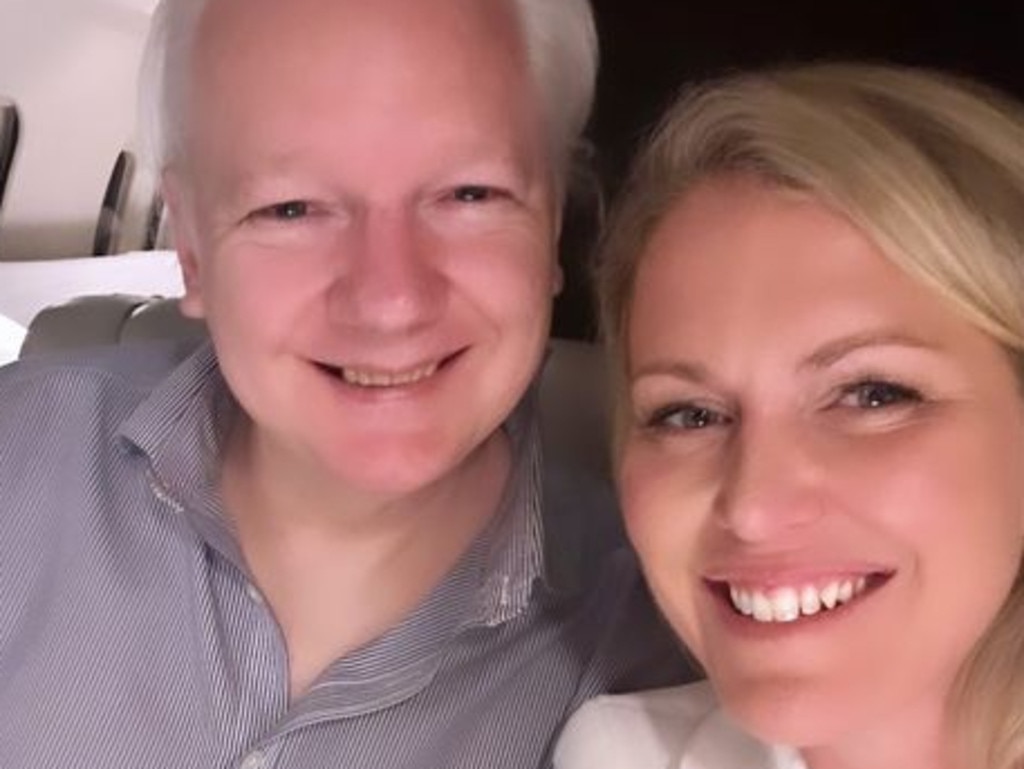



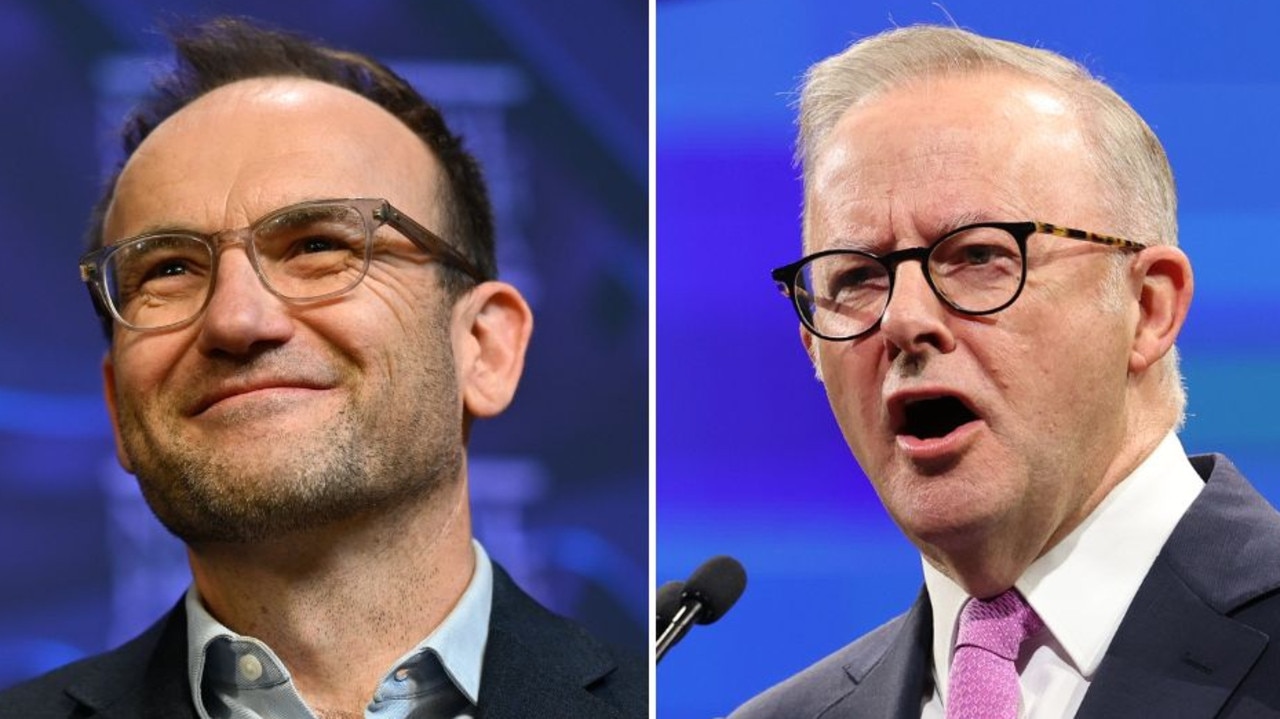
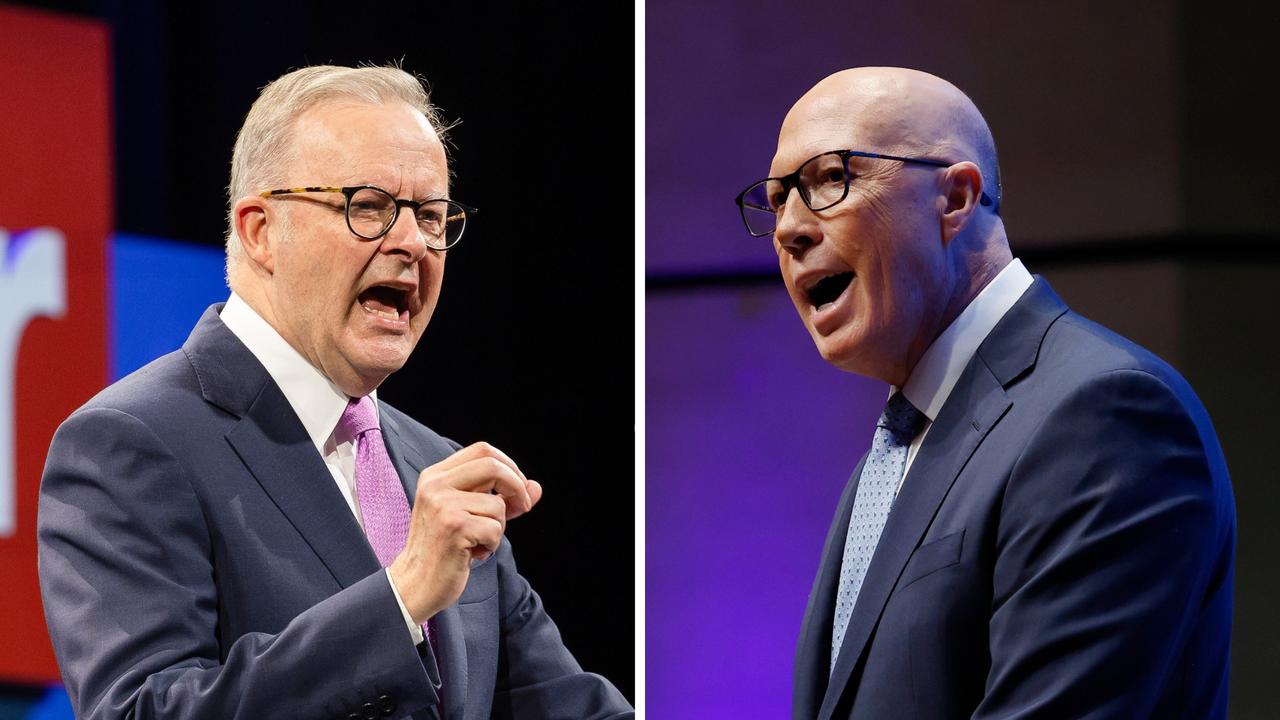
To join the conversation, please log in. Don't have an account? Register
Join the conversation, you are commenting as Logout